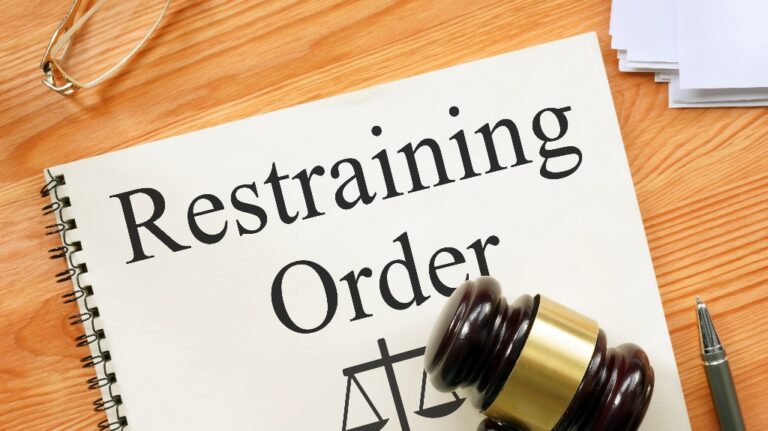Dividing assets and deciding who keeps the family home is an important step in any Tennessee divorce. Beyond emotional considerations, the family home often represents the largest portion of marital assets and carries significant financial implications. Tennessee courts follow the state law of equitable distribution, dividing property in a way that is fair under the circumstances rather than strictly equal when determining who, if any spouse, will retain ownership. Carefully weighing options such as selling, buying out a spouse, or keeping the property can impact both your short and long-term financial well-being. As decisions about the marital home carry such significant implications, working with knowledgeable Tennessee divorce attorney is essential to have early on in your divorce case to ensure your rights are protected and your decisions are well-informed.
An Overview of Dividing Assets in a Tennessee Divorce
Dividing assets during a divorce can be complicated, but few decisions carry as much weight, emotionally and financially, as deciding what happens to the family home. In Tennessee, the family residence is often the largest shared asset between the spouses and the choice to keep or sell it can often be quite contested and battled. Whatever the result, it will have long-lasting implications for both spouses and children. The state uses equitable distribution, meaning property is divided in a way the court considers fair, which does not always result in a 50/50 split. If a divorcing couple cannot reach an agreement, the court will ultimately decide how the family home will be allocated by considering the circumstances of each spouse and the needs of any children involved. As such, it is always recommend to try to reach an agreement with your spouse if you can, so you are able to make the decisions for yourself.
Exploring Your Legal Options for the Family Home
Once the equity of the home is first determined, couples have several options. Some may choose to sell the home and split the proceeds, while others may have one spouse buy out the other’s share. In some situations, it may be agreed that the custodial parent will remain in the home for a set period, such as until all minor children are grown or finished with school.
Emotional attachment to a house is common, but practical and financial considerations must also be weighed. Mortgage payments, property taxes, maintenance costs, and overall affordability are key factors. For families with children, stability is particularly important, including maintaining a familiar environment, keeping children close to their schools, friends, activities, and preserving continuity in their daily lives.
Why Keeping the Family Home Can Make Sense
Keeping the family home in a divorce can have multiple advantages. For people with children, it offers a parent an opportunity to provide stability and a familiar environment during a difficult transition. Emotionally, the home often represents cherished memories and a sense of identity, giving both parents and children alike a measure of comfort.

Financially, the home can be a strategic asset. Real estate is usually the largest marital asset, and selling during a down market could result in a loss. Keeping the home strategically allows one spouse to benefit from potential appreciation and maintain certain tax advantages. Additionally, ownership of the property can serve as a bargaining tool in divorce negotiations, allowing spouses to potentially trade for claims to the home for other assets, such as retirement accounts or other investments. Of course, each divorce case is different, just as each person’s financial situation is unique. As such, it is important to consult with a lawyer so they can craft a solution uniquely tailored to your situation.
Contact Law Office of J. Ryan Johnson, PLLC
Divorce can be complicated, especially when the future of the family home is on the line. Deciding the future of the family home is one of the most significant choices in a Tennessee divorce, with lasting effects on both your finances and your family.
Partnering with an experienced divorce attorney ensures that your rights protected and that you make informed, strategic decisions. Contact Law Office of J. Ryan Johnson, PLLC to schedule a consultation and get the support you need to move forward with confidence.







